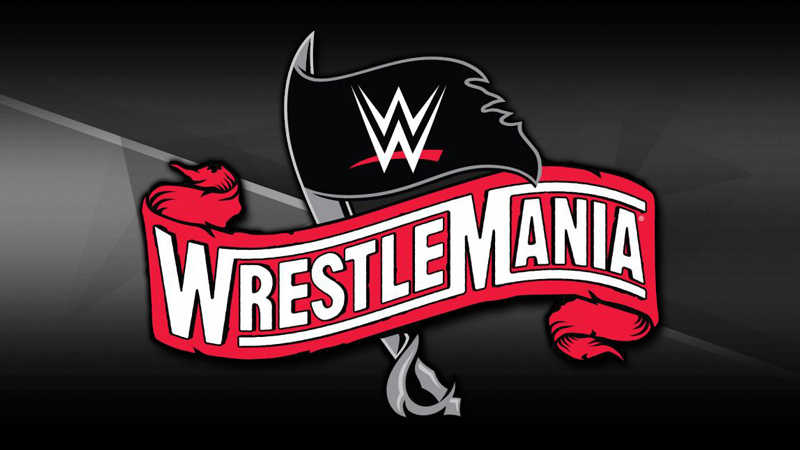The coronavirus (COVID-19) pandemic is heavily impacting every facet of life. Like other forms of entertainment, the professional wrestling industry has been particularly affected. Various companies have canceled or postponed shows; Ring of Honor canceled all events through the end of May. WWE and AEW are now hosting shows from audience-free arenas. Just a few days ago, fans anxiously waited for an official announcement regarding the status of WWE WrestleMania 36. Now, though it’s still subject to change, we know that the show will go on — the WWE Performance Center will host the Showcase of the Immortals on April 5.
Given the unpredictable nature of the pandemic, the show’s status isn’t 100 percent solid. For the sake of this argument, let’s assume that WrestleMania 36 will indeed air as announced.
Since the news of WrestleMania’s relocation broke, I’ve been conflicted. Given that a significant part of my job consists of covering WWE events, I’m admittedly glad that I’ll still be able to work because WWE’s shows will continue to run. With the pandemic jeopardizing countless jobs, I’m very grateful that I can still do mine. But as a longtime WWE fan, my reaction has been mixed. On one hand, we’ll still get to see the matches WWE has been building for a few months. As fans, we can appreciate that closure while we also lament the temporary loss of WrestleMania as we know it. Sure, there’s no way to fully comprehend what the Show of Shows will look or feel like when it’s presented without a live audience. But after two such episodes of WWE RAW and WWE Friday Night SmackDown, we’ve gotten a small preview of what can be expected in a few weeks.
There’s no other way to put it—last week’s episode of SmackDown was bizarre and we’ve never seen anything like it. In the first segment, WWE SmackDown Women’s Champion Bayley mocked the crowd, though no fans were present. The matches themselves were odd; without the fans’ cheers or boos, you could hear every grunt, every slam, every single sound coming from the ring and the performers within. As others have pointed out, watching wrestling without a crowd is like watching a sit-com without a laugh track. In-ring/backstage segments exacerbate this effect. A lot of pro wrestling logic goes out the window without any fans.
On SmackDown, the confrontation between Jeff Hardy and King Corbin was meant to be viewed in front of an audience; Hardy told the king they had a match, and an annoyed Corbin dramatically rolled his eyes. Without a live crowd to cheer at Corbin’s frustration, the moment felt forced. The same can be said of other segments we’ve seen, like the Undertaker pacing in the ring while AJ Styles cut a promo backstage. (The Undertaker could have easily hunted Styles down because, in theory, no one was in the arena to stop him.) The most blatant example of this strange effect came on Monday’s episode of RAW, when Steve Austin asked the fans for a “Hell yeah” and the camera panned to all the empty chairs. Here, the bit was initially funny; you could say Austin was making the most of the situation. But then the segment dragged on, Saxton’s involvement was awkward and the whole thing reinforced the sentiment that pro wrestlers need a crowd to play off of. To be fair, excellent promos from Edge, John Cena and Bray Wyatt showed that it’s possible to still find success in these circumstances. But by and large, empty arena shows dampen what should be a fun viewing experience.
Next page: Why the audience matters








